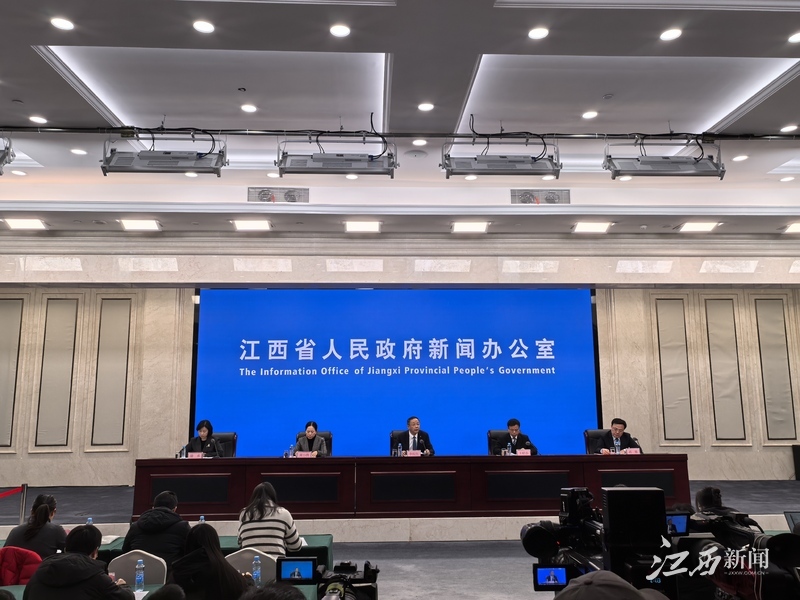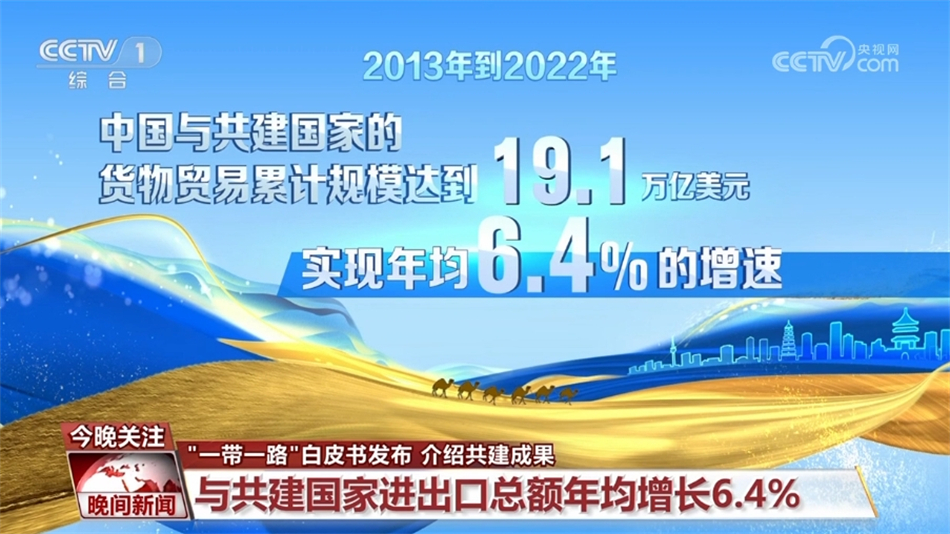Min Aung Hlaing Faces A Major Choice Not To Hand Over Rare Earth Mines, Trump May Support Myanmar Rebels
Min Aung Hlaing Faces A Major Choice Not To Hand Over Rare Earth Mines, Trump May Support Myanmar Rebels
Myanmar's rare earth mineral deposits have become the focus of global attention in recent years, especially those with heavy rare earths. The output has soared from 200 tons in 2014 to 31,000 tons in 2020. It is now the third largest producer in the world, and most of them are flowing to China for processing.
Myanmar's rare earth mineral deposits have become the focus of global attention in recent years, especially those with heavy rare earths. The output has soared from 200 tons in 2014 to 31,000 tons in 2020. It is now the third largest producer in the world, and most of them are processed to China and used in electric vehicles, wind turbines and military equipment. To put it bluntly, this thing is a strategic resource. The United States has always wanted to get rid of its dependence on China, especially when the tariff war is in full swing. After Trump came to power, his team recently heard several proposals, the core of which was how to get these rare earths from Myanmar and bypass China. The proposal mentioned two ways: one is to negotiate with the Myanmar military government to promote a peace agreement with the Kachin Independence Army, so that the control of the mining area can fall to the point where the United States can reach; the other is to directly leave the military government and cooperate with the Kachin Independence Army, because they now manage most of the mining areas. The Kachin Independence Army was established in 1961 and has tens of thousands of soldiers. It has been against the central government for a long time. It also cooperated with the US military during World War II, and its pro-US tendency is quite obvious.
As the leader of the Myanmar military government, Min Aung Hlaing has been in power since launching a coup in February 2021 to overthrow the Aung San Suu Kyi government. He was born in 1956 and graduated from the National Defense Services Academy and promoted step by step until he became the commander-in-chief of the armed forces in 2011. After the coup, he established the National Administrative Committee, served as chairman himself, and later served as prime minister and acting president.
There are various sanctions and arrest warrants against him internationally, such as the International Criminal Court issued a case against the Rohingya in November 2024, and the Argentine Court in February 2025. The company run by his son is also involved in national defense business and has been affected by sanctions. But Min Aung Hlaing recently wrote a letter to Trump, dated about early July 2025. The letter praised Trump's leadership, saying that he led the United States to prosperity with a patriotism, and also pleaded with lowering tariffs and lifting economic sanctions, and even said he was willing to send a delegation to Washington to discuss. Not long after the letter was sent, the US Treasury Department removed sanctions on three Myanmar companies and an individual named Ding Lamin on July 25, including KT Services and Logistics, MCM Group and Technology. The person in charge was involved in the field of defense and was originally blacklisted by Biden in 2022.
The Trump team listened to these proposals on July 28, including American business lobbyist, former consultant of Aung San Suu Kyi, and indirect contact with the Kachin Independence Army through intermediaries. The first proposal is to soften the attitude towards the Myanmar military government, cancel the 40% tariff, lift the sanctions, cooperate with India to process heavy rare earths, and appoint special envoys to implement it. The purpose is to let the military government negotiate peace with the Kachin independent military and control the mining area. But in reality, this path is not very reliable, because the military government and the Kachin Independence Army have fought for many years, and the contradictions are deep, and it takes a lot of time and political capital to discuss peace. As a businessman, Trump prefers the low-cost and high-reward approach, so the second proposal is more attractive: directly join the Kachin Independence Army. The Kachin people used Latin alphabet characters, mostly believed in Christianity, helped the US military fight against the Japanese army during World War II, and also established the 101st Commando supported by the US. Now they control the mine belts in Kachin State, including - regions, which were just snatched from the military government in October last year.
If Min Aung Hlaing does not let go and does not give up the mining area, the United States may increase its support for the Kachin Independence Army. The proposal mentioned that the minerals are processed through the Quad Group, especially India, and are supplied to the United States. But the experts poured cold water on it, saying that logistics was too difficult. The mining area is in a mountainous area, close to the border of China, with narrow roads, a pile of mudslides in the rainy season, backward infrastructure, and no modern port railways. Swedish writer Bertel Lintner bluntly stated that this idea was "completely crazy" because ore had to be transported from the Chinese border to India, and there was only one way, and China would definitely intervene and block it. China imported 129,440 tons of Myanmar rare earth oxides and metals last year, half of the same period last year, but it rose by 20% in May. After the Kachin Independence Army took over, it raised the mining tax and restricted production, resulting in a surge in the prices of heavy rare earths, such as the soaring price of terbium.

Min Aung Lai is now stuck between China and the United States and has to choose a side station. To cooperate with the United States, we have to cut off the relationship between China and give up the rare earths in exchange for tariff reductions and sanctions lifting. But Myanmar's rare earths are too important to China, accounting for nearly half of the global supply of heavy rare earths, and China cannot sit idly by. China helped the military government discuss a ceasefire in Lashio last year and also provided jets and drones. On the Kachin Independence Army, Beijing also put pressure on the Khachin Independence Army to expand cross-border trade if it does not capture Bhamo Town. Bhamo is a military government fortress, less than 100 kilometers from the Chinese border. From the battle last December to the present, the Kachin Independence Army has invested more than 5,000 people in order to cut off the military government's land and river supply. If the military government loses Bhamo, the northern trade route will be abolished.
Trump's abacus is to weaken China's dominance in the rare earth chain. The United States' own heavy rare earth production is pitifully small, and it all depends on imports. However, the proposal is still in the exploration stage and there is no conclusion. White House officials said that this is just a polite listening to the opinions of the American business community and balancing the trade deficit with Myanmar. Sean Turner, former adviser of Aung San Suu Kyi, went to Washington to meet with the State Department and Congress, and suggested continuing to support the Myanmar opposition and obtain rare earths through the Kachin Independence Army because they want to diversify and do not want to be always used by China. The Kachin Independence Army has discussed rare earth matters with U.S. officials through intermediaries in recent months.
The Myanmar civil war has not stopped since the coup in 2021, and the military government has lost many border territories, including mining areas. Min Aung Hlaing said on the Armed Forces Day on March 27 that elections will be held at the end of this year or early next year, and promised a fair vote, but the risks are high. China supports elections because stabilizing the military government can protect economic interests. But for Min Aung Hlaing, the election may shake his position. The EU and the United States also upheld sanctions and his assets were frozen. When Trump's team evaluated, considering that most Myanmar citizens were banned from the United States, the order was just issued in June.
After all, this matter involves geopolitical game. The United States wants to intervene at its doorstep, but China has sufficient means to protect the supply line, stabilize the military government through economic cooperation, or communicate with the armed forces in northern Myanmar. Trump's global trade offensive includes taxing Myanmar exports, but Min Aung Hlaing's letter and U.S. response show that both sides are testing. After the Kachin Independence Army controlled the mining area, production fluctuated greatly and the global supply chain was affected. Indian officials say that even if they cooperate, infrastructure will be built in several years.
Min Aung Hlaing's choice directly affects China-Myanmar cooperation. If he refuses the United States, Trump may really support the rebels and increase aid funds or training. The Kachin Independence Army has more than 15,000 people and is very powerful in combat. However, American experts remind that terrain and logistics are hard flaws, and it is even more difficult to transport ore on a large scale. Chinese Foreign Minister said that early ceasefire and peace talks are beneficial to China and Myanmar. The Trump team also listened to another proposal to continue to support the democratic forces and indirectly seize rare earths through the opposition.

Myanmar's rare earth exports peaked at 42,000 tons in 2023, and have now dropped due to war. China's imports rebounded in May, but overall supply was tight. Trump wants to break China's monopoly and also attack in Ukraine, Greenland and Africa, but Myanmar is the most difficult because it is close to China. Min Aung Hlaing extends the state of emergency until the end of July 2025, and the army is supported by the air force. The International Criminal Court's arrest warrant made him unable to leave the country, but he was still firm in Naypyidaw.
This situation is like walking on a tightrope. If Min Aung Hlaing does not hand over the mine, the United States may help the rebels and increase the firepower of the civil war. But supporting the rebels is also risky, and the chaos in Myanmar is complicated, and the United States is unwilling to get caught in foreign conflicts. Trump inherited Biden's policies and avoided talking directly with the military government, but rare earths tempted a lot. The source of the proposal includes the lobbyist Castillo, who called Myanmar rare earths China's "Golden Goose", saying that the Kachin Independence Army was tired of being exploited by China and wanted to fight with the United States.
From a realistic point of view, the probability of success is low. Lintner said that if the mine transport to India, China will definitely stop it. The Indian Ministry of Mines did not respond, but officials stressed that it would take a long time. The Trump team held a meeting on July 17 and listened to the opinions of the American business community. Myanmar's official media reported Min Aung Hlaing's letter, emphasizing shared prosperity.
Min Aung Hlaing's ending is still hanging. He visited Russia in April 2025 to discuss cooperation. At the Military Day celebration, he reviewed the troops and announced the election plan. But the rebels advanced and the northern front line was tense. Rare earths may become a new battlefield between China and the United States, but the people of Myanmar suffer the most. Trump's trade war expanded to resource grabbing, and Myanmar became a pawn.






